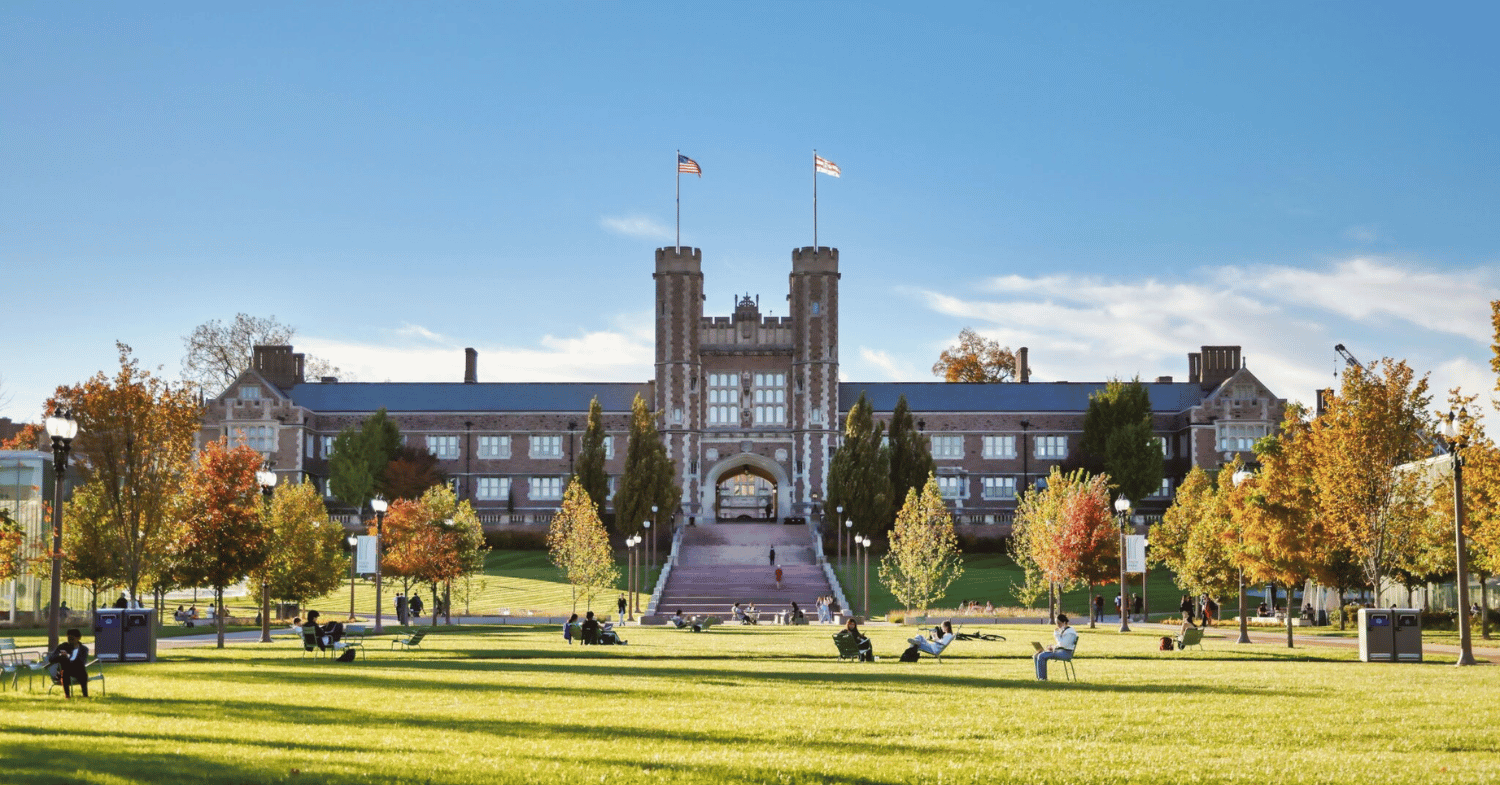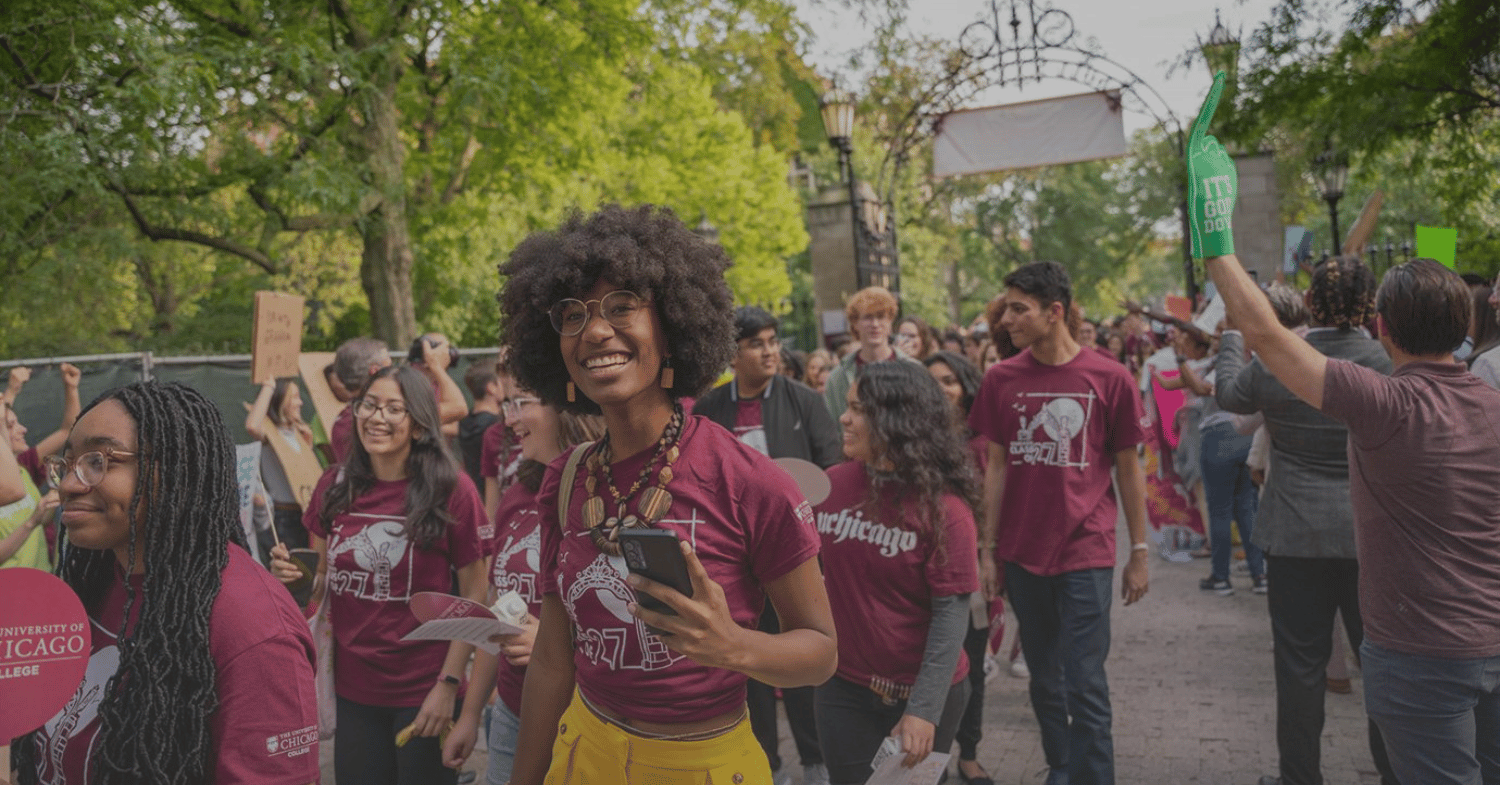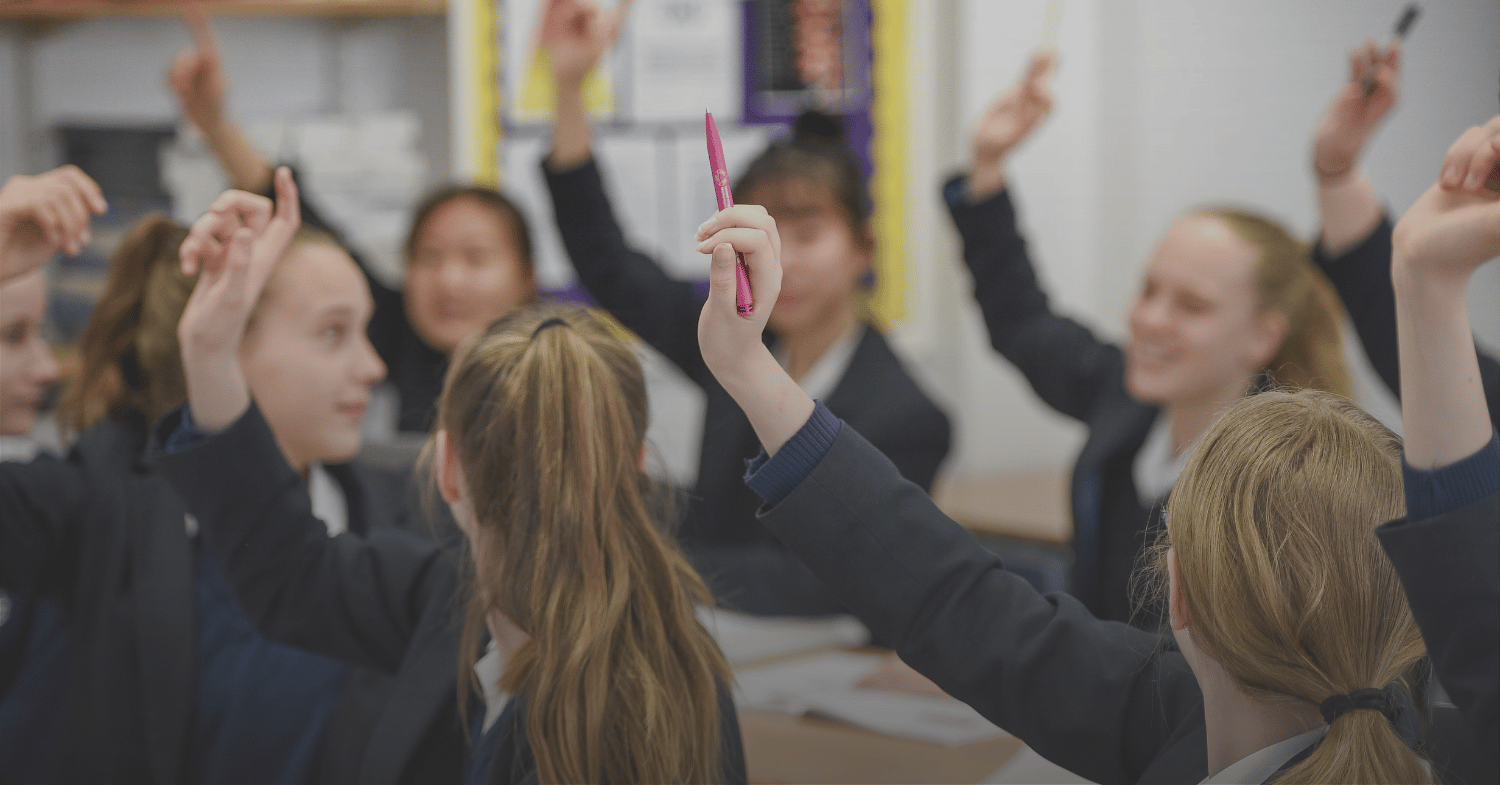US visa applicants required to make their social media public: What international students should know
Many students applying to enter the US are now required to set their social media profiles to public and have them examined by immigration officers, under a new enhanced screening rule that applies to all F, M and J visas applicants.
The US State Department has also stated those who keep their social media private might be seen as trying to hide their activity. This move is part of a wider Trump administration's crackdown on admissions at America’s prestigious universities.
What's changing?
Enhanced social media vetting
On June 18, 2025, the US State Department issued a cable directing consular posts worldwide to implement enhanced screening of all F‑1 (academic), M‑1 (vocational), and J‑1 (exchange) visa applicants. This includes examining an applicant's “entire online presence” - not just public social accounts, but also search results and databases such as LexisNexis - looking for anything deemed "hostile" to US culture, government, or security, and people who "perpetrate unlawful anti-Semitic harassment or violence".
Privacy settings must be public
Applicants are now required to set all social media profiles to public so that consular officers can conduct this vetting. If profiles remain private, visa cases can be temporarily refused and flagged as evasive behaviour.
Snapshotting for records
Officers are instructed to take screenshots and detailed notes of any suspicious content discovered—social media posts, political statements, or even online support for movements—that could be perceived as hostile or extremist.
Visa interview delays & appointment cuts
The policy triggered a temporary pause in scheduling student visa interviews in late May, and while appointments have resumed, consulates are limiting interview slots due to heavier vetting workloads. Priority is being given to J‑1 medical professionals and students attending institutions with low international enrollment.
Effects on international students
Privacy vs. transparency
Previously private or pseudonymous comments—especially about political issues—now risk being exposed. Students who discuss topics like Middle East politics or social justice might find their visa under greater scrutiny.
Longer wait times and uncertainty
With fewer slots available and more intensive review, visa interview wait times may increase significantly, potentially delaying enrolment or program start dates.
Chilling effect on expression
Many students are already crafting cautious online personas, limiting public content or engaging under anonymous handles to avoid drawing attention.
Impact on re-entry and status maintenance
The policy isn't one-off. Returning students and ongoing visa holders will also be examined if they need new visas. Additionally, there have been reports of SEVIS terminations and visa revocations tied to online behavior or past “minor infractions”.
Border checks beyond visas
US Customs & Border Protection has also increased monitoring of travelers' devices and online presence, raising privacy concerns even upon arrival/departure.
Tips for international students
Audit your digital footprint
Review your social media history for posts that could be seen as politically charged or critical of US norms. Delete or archive as needed, and set all profiles to public before applying.
Be honest and prepared
In your DS-160 and interviews, list all active and inactive social media usernames used in the last five years. Omissions may be seen as evasive. Take screenshots of your public profiles showing they were made public before your visa interview - this proactive step could be useful if your case is flagged.
Plan for delay
Expect potential hold-ups. Book interview slots early, apply as soon as possible, and be flexible with start dates and housing arrangements. Consider backup plans like remote study or deferral.
Consider alternatives and have a back-up plan
If the US visa process feels too uncertain or intrusive, it may be worth exploring other global study destinations. Countries like Canada, the UK, the Netherlands, Germany, and Ireland offer world-class education with often more predictable or transparent visa processes - and many welcome international students with open arms. If you need help navigating this time of uncertainties, our sister companies within Dukes Plus offer Global University Application Support - we have helped students secure places at more than 200 leading universities worldwide, including Oxbridge, University College Dublin, Bocconi University, University of Toronto and many more.
Stay informed and seek guidance
Policies may continue evolving, especially if linked to political developments. Regularly check your embassy’s website and trusted sources like NAFSA or university updates.
University international offices and legal advisors can help audit your online presence, frame your social narratives, and guide you through the process.
For personalised guidance on your specific situation, A-List advisors have experience with all types of educational pathways. Schedule a free Discovery Session or book a Private Consultation today.



